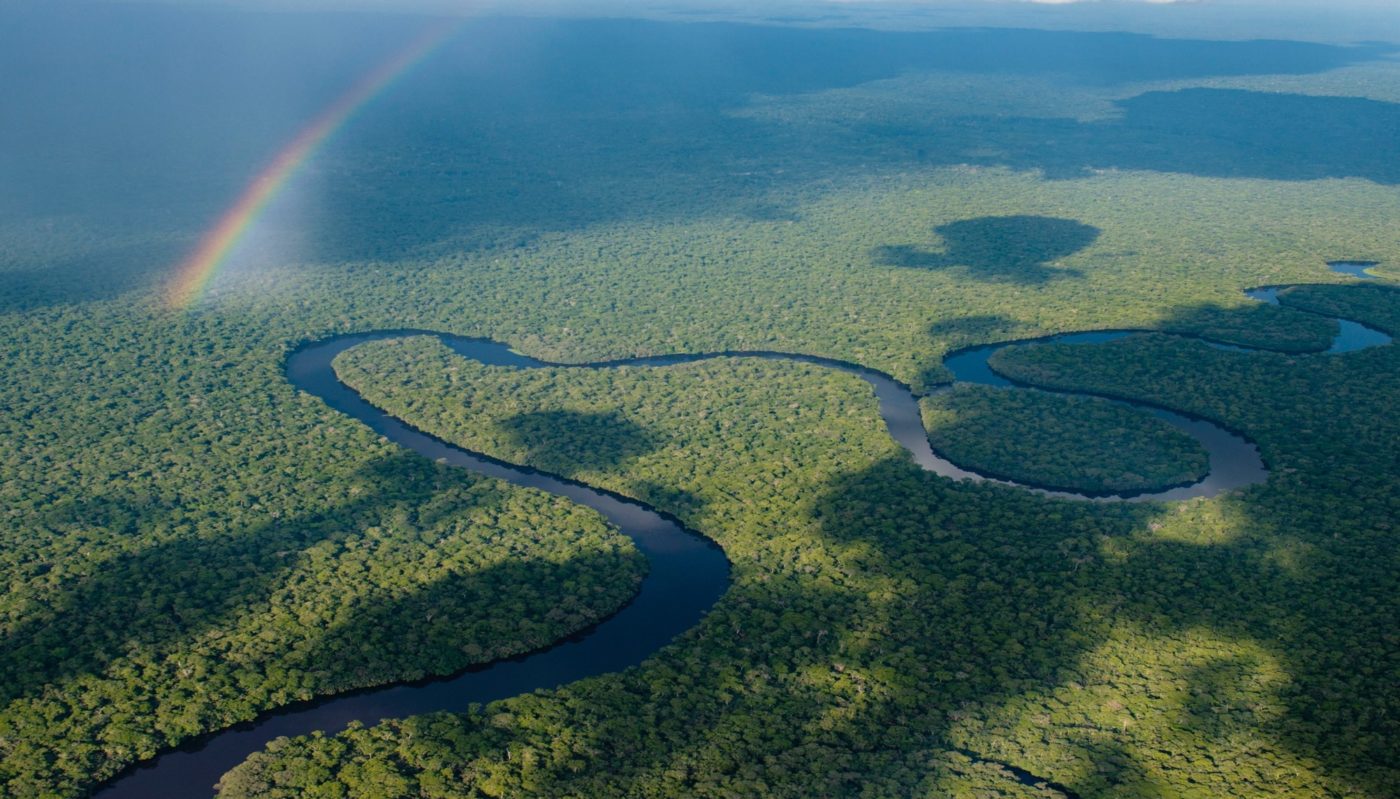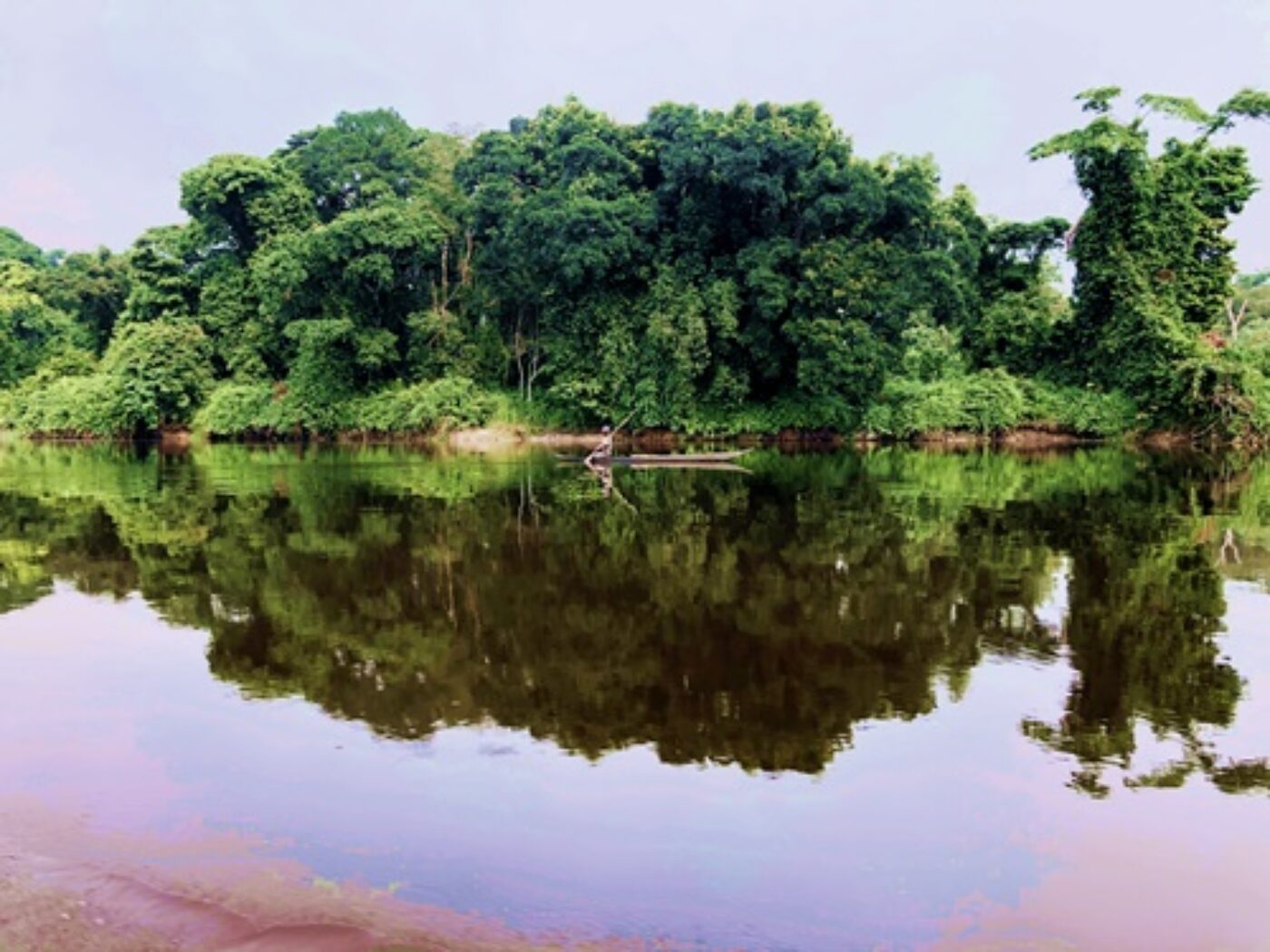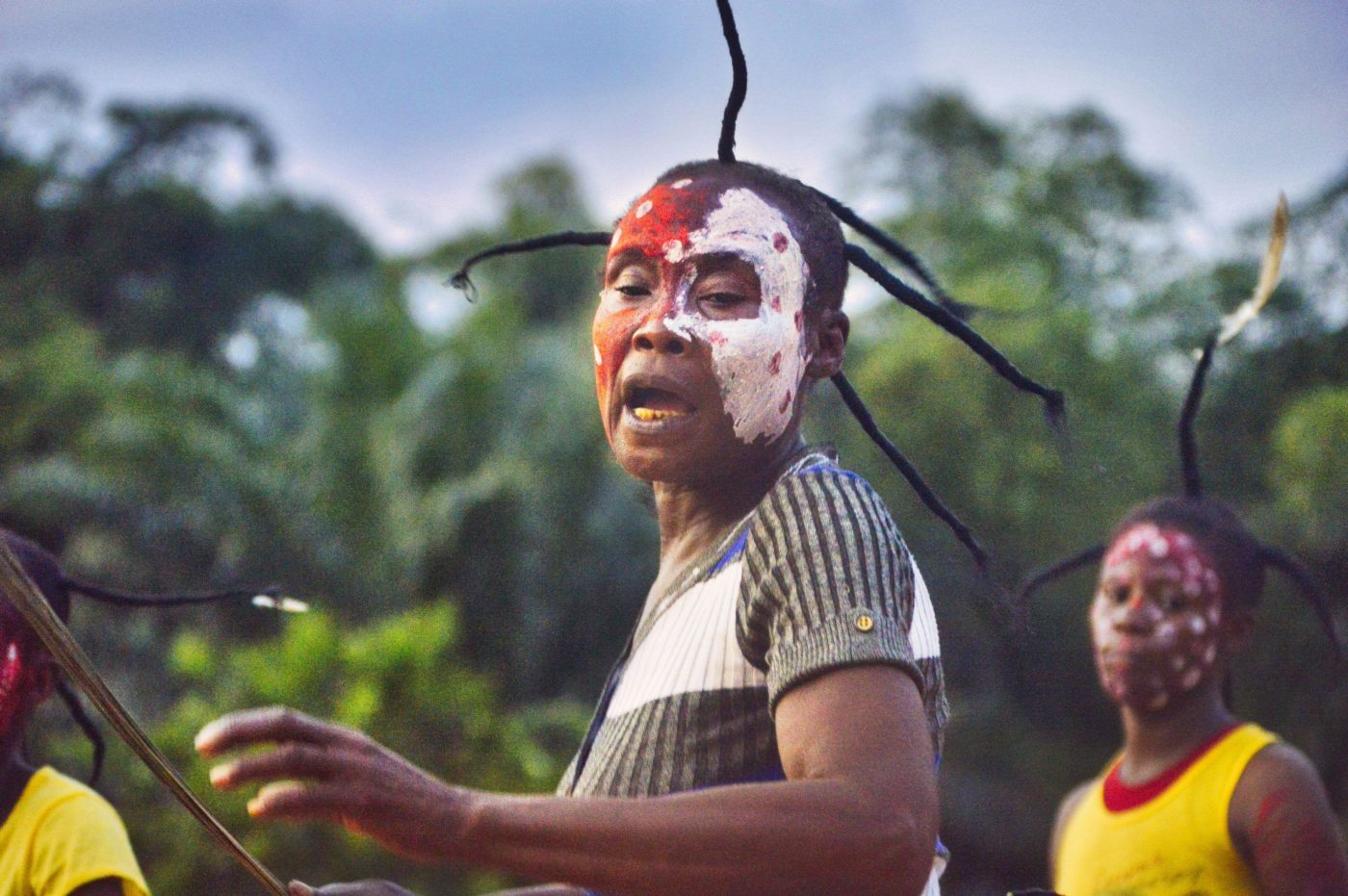In July 2021, a Salonga National Park (SNP) mission visited six villages in Oshwe Territory in the Province of Mai Ndombe, bordering the Park, to provide technical support to communities benefiting from community forestry titles.
In July 2019 these communities from the villages of Lompole, Ipoka Sud, Iyoko, Mbongo, Mbungusani, Bekombo (all in the Oshwé Territory), received their community forestry titles thanks to the support of the SNP team.
What is community forestry?
In August 2002, the DRC adopted a new forestry law highlighting the forests’ ecological and social functions and allowing local populations to participate actively in forest management.
The new code includes the so called community forestry – an innovation in the DRC’s legislation. With these provisions local communities can now apply for land titles to up to 50,000 hectares of forests that they regularly own by tradition.
Community forests are a method of strengthening the rights of communities by enabling them to manage their traditional lands and thus to play on the one hand side an active role in their protection and on the other to fight poverty. The law provides the opportunity for communities to be accompanied in the process of obtaining their community forestry titles by persons or organisations possessing the necessary expertise, which is where the the SNP team comes in. It naturally offers its assistance in the various stages leading to the obtention of forest concession titles when the local communities request support.
Community support is essential
“The communities are happy to have titles that guarantee their land rights, which they did not have until now, but they are worried how the titles actually help them generate income that contributes to their socio-economic development,” explains Papy Lolatui, Rural Development Officer. “From their point of view, the SNP team, which assisted them in obtaining the titles, should continue to accompany them until they enjoy the benefits of the process.“
For this reason, communities are also supported during the following steps. Once titles have been obtained, the law requires communities to develop simple management plans that will help ensure the proper management of their forest concessions.
The development of the simple management plan follows two essential steps, which are carried out with the technical support of the SNP team.
- Socio-economic surveys that provide information on local organisation and structure and help to identify real needs;
- Multi-resource inventories that determine the abundance of fauna, flora and forest products other than timber.
In the villages visited, the mission found that forest products other than timber (also called non-timber forest products or NTFPs) such as mushrooms, caterpillars and snails have a promising potential for the populations. Beekeeping is also an interesting sector that may be explored by specific trainings to develop this sector.
Community forestry is a promising step forward for sustainable forest management and the SNP team is looking forward to seeing this approach deliver results for the benefit of nature and people.







